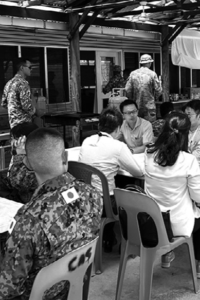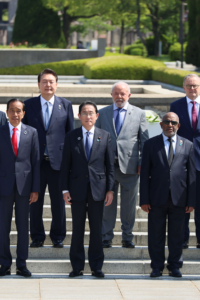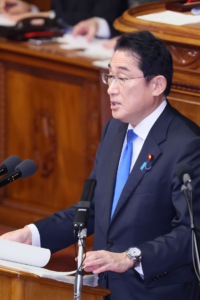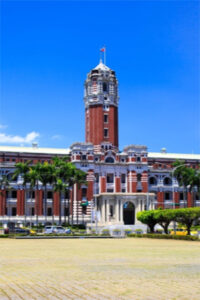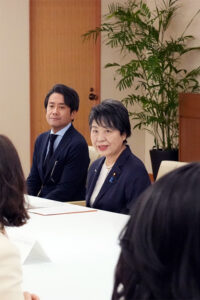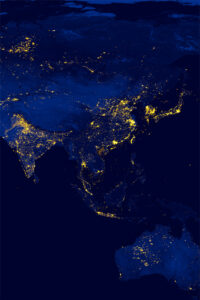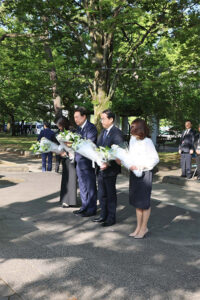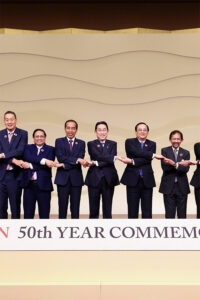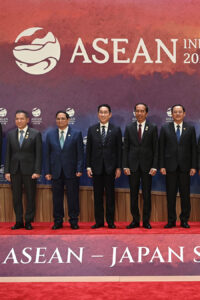
World Refugee Day is celebrated every year on June 20th. Every year around this time, the media tend to run features on the global refugee situation and/or Japan’s asylum policy. Although there is nothing wrong about the coverage, it often appears that the media do not necessarily have a sound understanding of even basic concepts such as the definition of refugees and the methods and logic surrounding asylum policies. In fact, my general observation is supported by statistical evidence. Every year around World Refugee Day in recent years, the global market research company Ipsos (Ipsos Group S.A.) has published a global survey, “WORLD REFUGEE DAY: Global attitudes towards refugees.”[1] According to the survey results, Japanese respondents are not especially discriminatory or closed to refugees when compared with respondents in other countries. However, the results consistently show that the percentage of Japanese respondents who ... ... [Read more]
